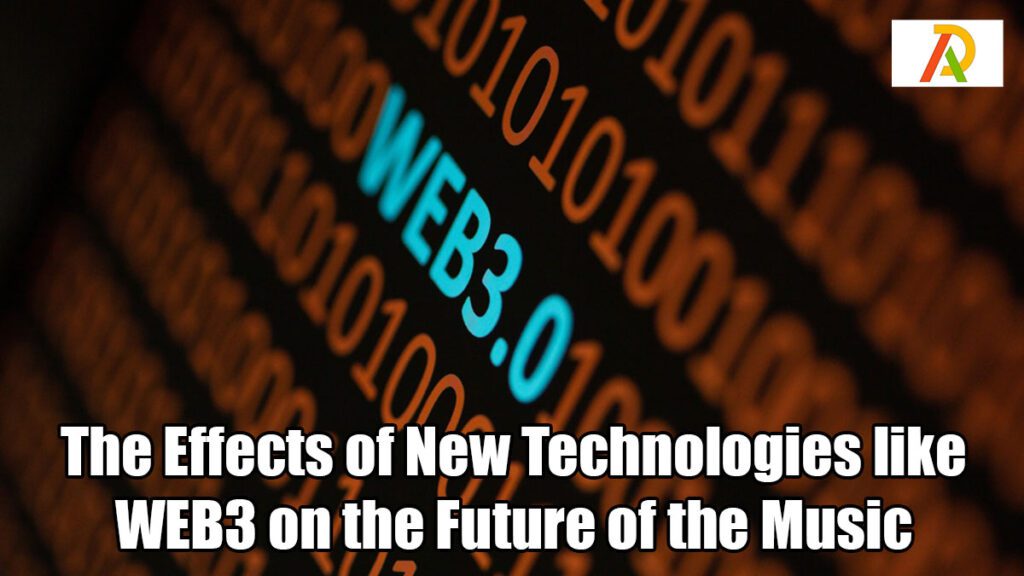Web 3’s Impact: Shaping the Future of Music Industry

New opportunities for artists to connect with their fans in the metaverse may arise in the future of the music industry. This will be due to immersive, distributed platforms like web 3. Many are hailing it as the next evolution of the internet. Songwriters and artists can access new funding models thanks to the new generation of platforms and applications. Thus, it may enable thousands of individuals with a love and aptitude for music to make a living.
What is web 3?
Web 3 stands for the web’s third significant iteration. The first web was the initial collection of read-only, static HTML web pages. The user-generated, interactive web of social media is the second web. Instead of flat text pages, Web3 will have 3D graphical user interfaces that are more immersive and experiential.
It will also be decentralized because of distributed computing, blockchain, and cryptography innovations. By doing this, we would all own and manage our data and how it is utilized. This is the opposite of signing on to services and applications owned by large corporations.
Cutting Out the Middle Men:
Intermediaries have historically been essential in the music business to bridge the gap between artists and audiences. Previously, they were the record labels; currently, they are streaming services. Both take a sizable share, resulting in less income for those who create the music.
However, musicians and developers who have invested in web3 think that upcoming technology will eliminate the need for middlemen.
Blockchain-enabled smart contracts will allow platforms and applications to be set up to pay royalties to artists automatically. When a fan presses the play button, cryptocurrency transactions may be carried out automatically—giving musicians a significant influence on how their work is consumed and appreciated.
Challenges of web 3:
One should not ignore a specific problem that comes with Web3. The enormous computational power required to execute some blockchain algorithms can result in tremendous energy usage and consequent emissions. Any platform seeking to bring web3 music streaming solutions to the public would undoubtedly need to solve this issue.
The other significant issue is the legal structure governing web3 and the future of music. In the ecosystem, there are no regulations or rules. This inevitably results in a proliferation of frauds and shady practices. Customers who only want to listen to music could find it unacceptable.
Final Thoughts on the future of music:
Compared to the present, the future of music appears to be brighter, fairer, and more inventive. The music business might benefit significantly from using blockchain, web 3, and metaverse technology. New platforms based on interactive and immersive technology will provide new methods for people to exchange and enjoy music. This might mean a better deal for the musicians and more resources for fans to ensure their money goes to the artists they care about.


